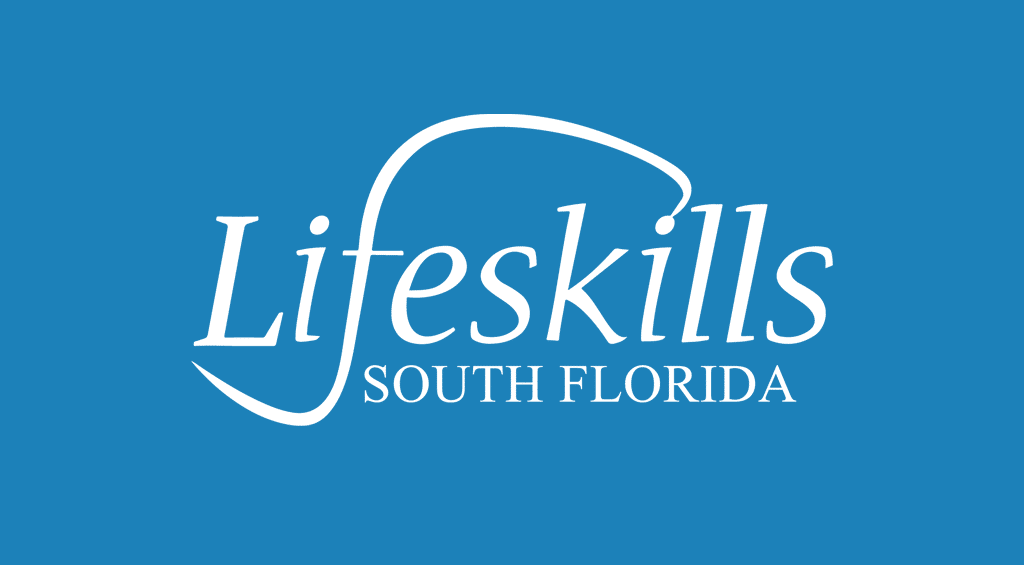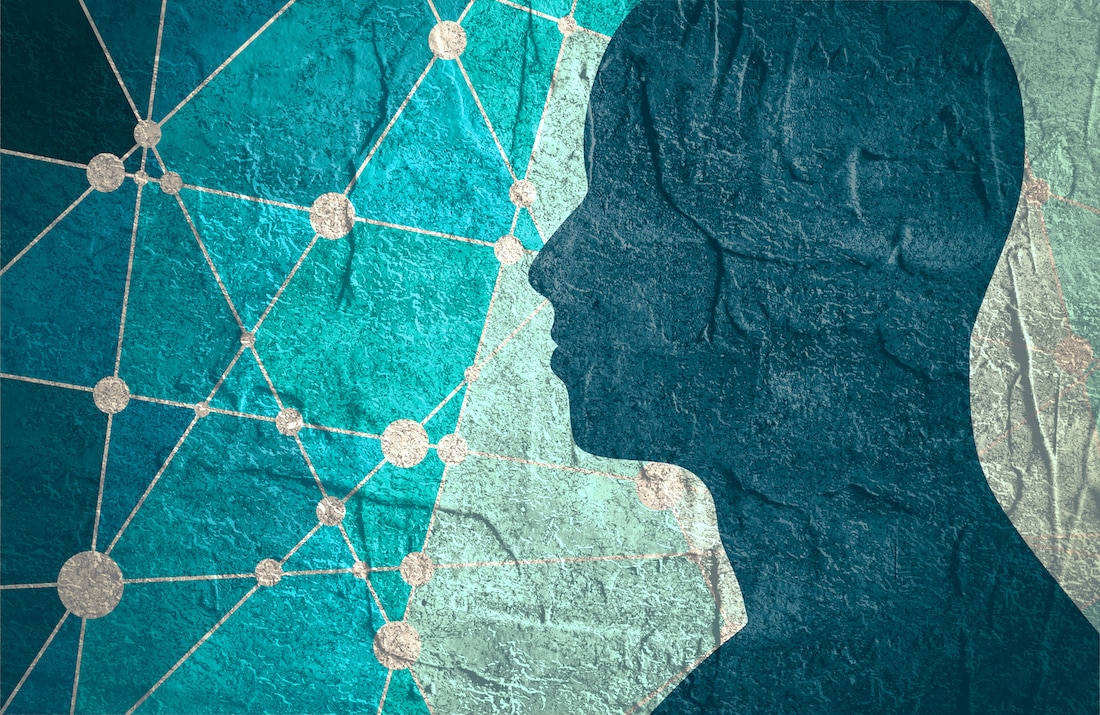
According to the first-ever Surgeon General’s Report on Alcohol, Drugs, and Health, in 2015, over 27 million people in the United States reported current use of illicit drugs or misuse of prescription drugs. Drug misuse is becoming a major public health challenge that is taking a toll on individuals, families, and communities. Many neighborhoods are suffering due to the rise of drug-related crime and violence, abuse and neglect of children, and the increased health care costs associated with substance misuse. The yearly economic impact of illicit drug use is $193 billion annually.
There is evidence to support that substance abuse is a chronic brain disease that has the potential for recovery. As the abuse continues, dramatic changes take place in the brain, and a person’s ability to control their substance use is reduced. Research shows that even after a person stops substance use many changes in the brain persist, and it is not known which changes can be reversed or how long the process can take.
Prevention programs have proven effective, and it is never too early or too late to prevent substance misuse. In the United States, substance use disorder treatment serves only a fraction of those who need treatment. According to the Surgeon General, roughly 10% of people with a substance use disorder receive any specialty treatment, and over 40% of those with a disorder also have a mental health condition, but fewer than half receive treatment for either disorder. Research of those suffering from a substance use disorder has shown that 40% of these individuals know they have a problem, but are not ready to stop the abuse, or they feel they do not have a problem or do not need treatment. These feelings are often a consequence of the neurobiological changes taking place that affect judgment, motivation, and priorities of the person with the disorder.
Treatment for substance use disorder, including inpatient, residential, and outpatient is proven to be cost-effective compared to no treatment. The goal of treatment for substance use disorder is to improve health and function status. Evidenced-based programs, such as those at Lifeskills South Florida, have proven to provide better results than non-evidence-based treatments. Key components for care include medication, behavioral therapies, and recovery support. In addition to individual and group therapy, the highly qualified and nationally certified treatment team at Lifeskills South Florida provides targeted treatment such as Cognitive Remediation, Cognitive Behavioral Therapy (CBT), Dialectical Behavioral Therapy (DBT) for Chemical Dependency and Cognitive Processing Therapy (CPT) which emphasizes changing behavior through applying specific skills.
Through screening, substance use disorders can be easily identified. At Lifeskills South Florida, our Admissions staff works closely with medical and clinical teams to provide the most appropriate clinical pathway. Intake assessments are used to unearth possible substance use disorders, mental health disorders, or co-occurring disorders/dual diagnosis.
As a person continues the recovery journey, support is key to continuing care. Many new recovery support programs and organizations are continuing to develop across the United States. Once a patient completes treatment at Lifeskills South Florida, they are encouraged to participate in alumni activities. The alumni group offers continues support and provides many bonds and connections. In addition to a monthly meeting, there are social events throughout the year. Recovery from a substance use disorder is achievable, and the reduction of key symptoms is more common than most people realize.
Lifeskills South Florida is one of the premier drug rehabs in South Florida. Since 1991, we have been helping our clients heal and regain their independence while making a full recovery from addiction and other co-occurring psychiatric disorders (dual diagnosis). To learn more about our enrollment process, please contact us.




